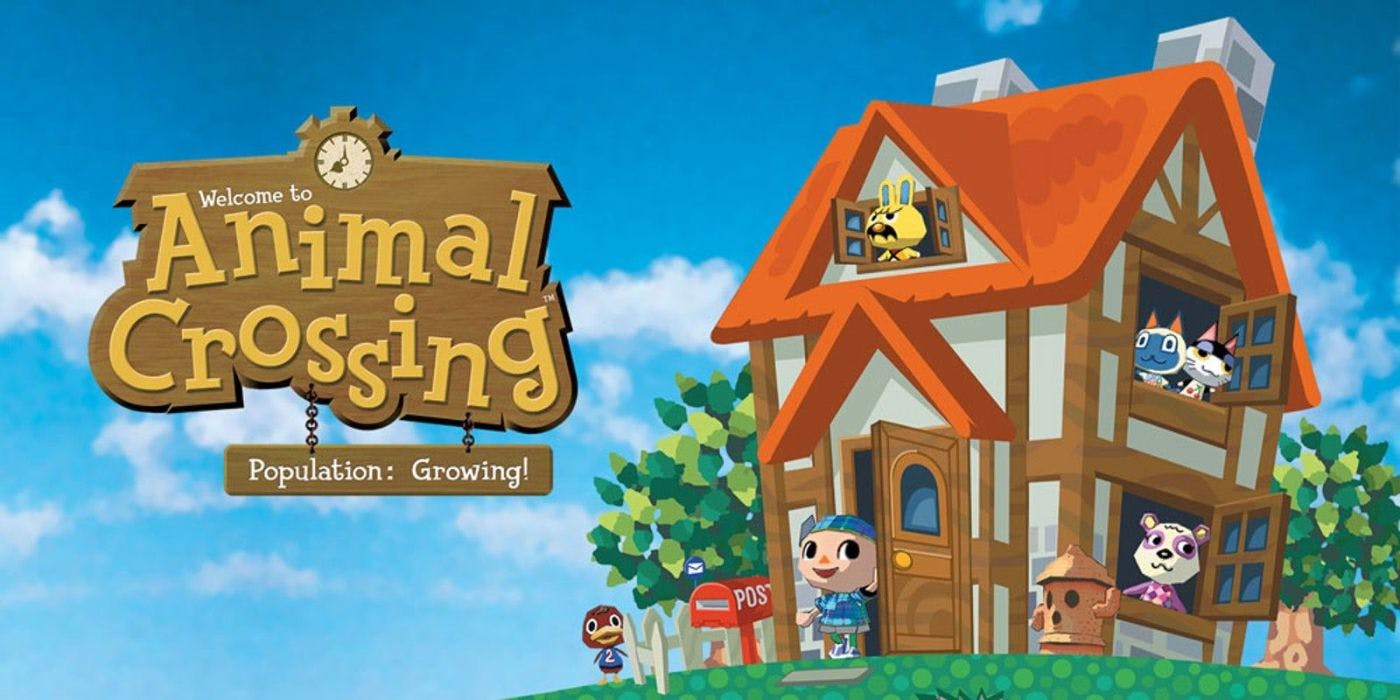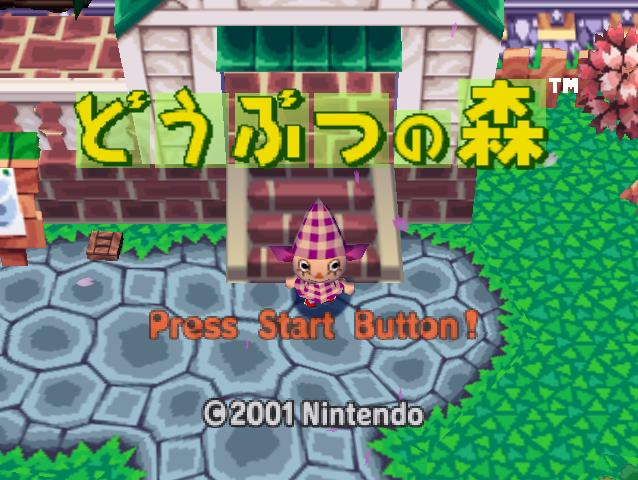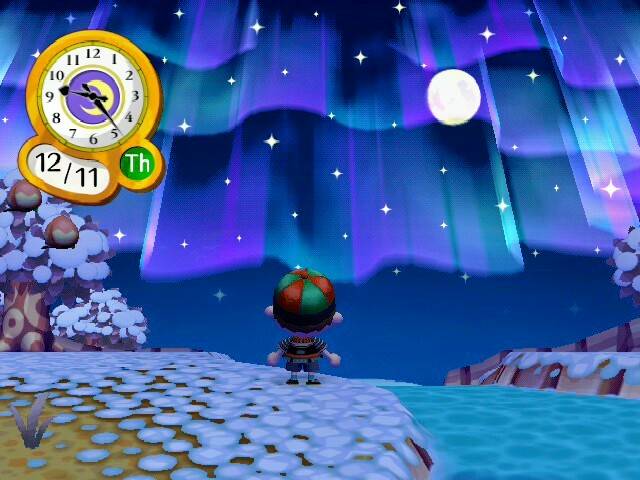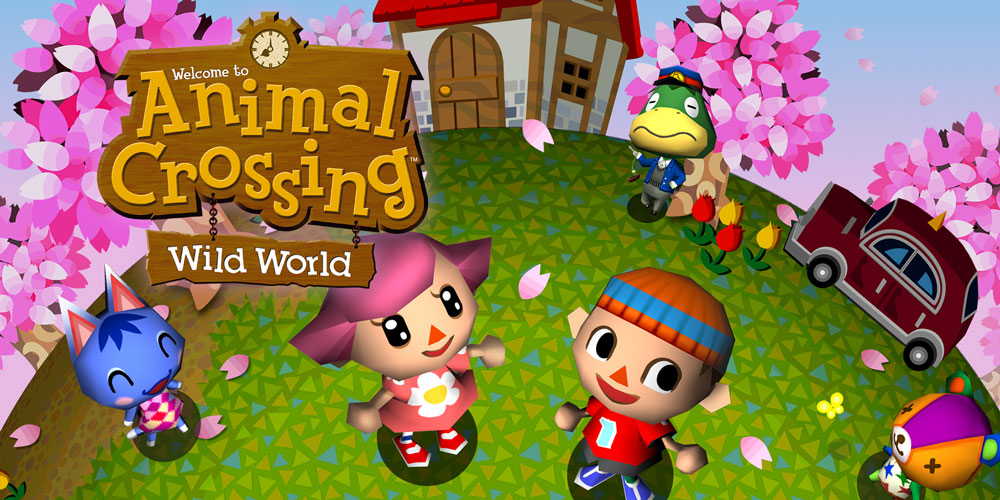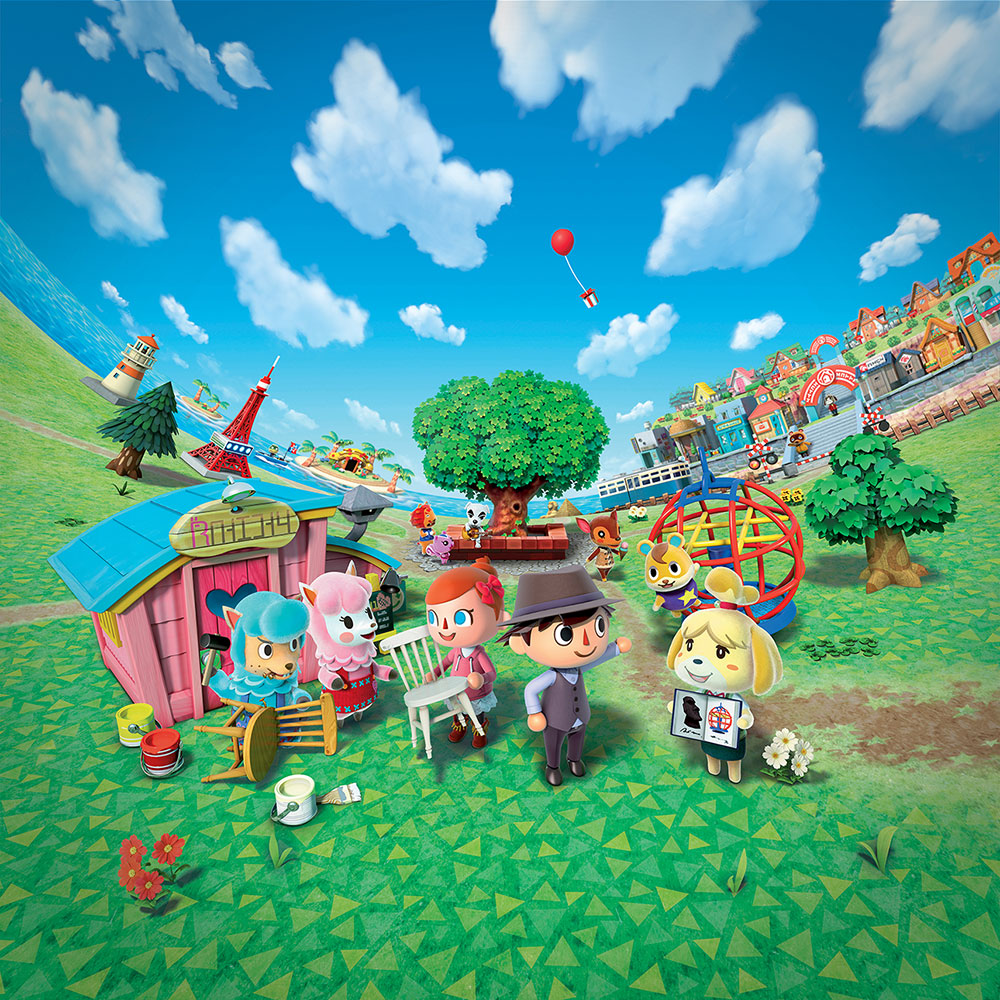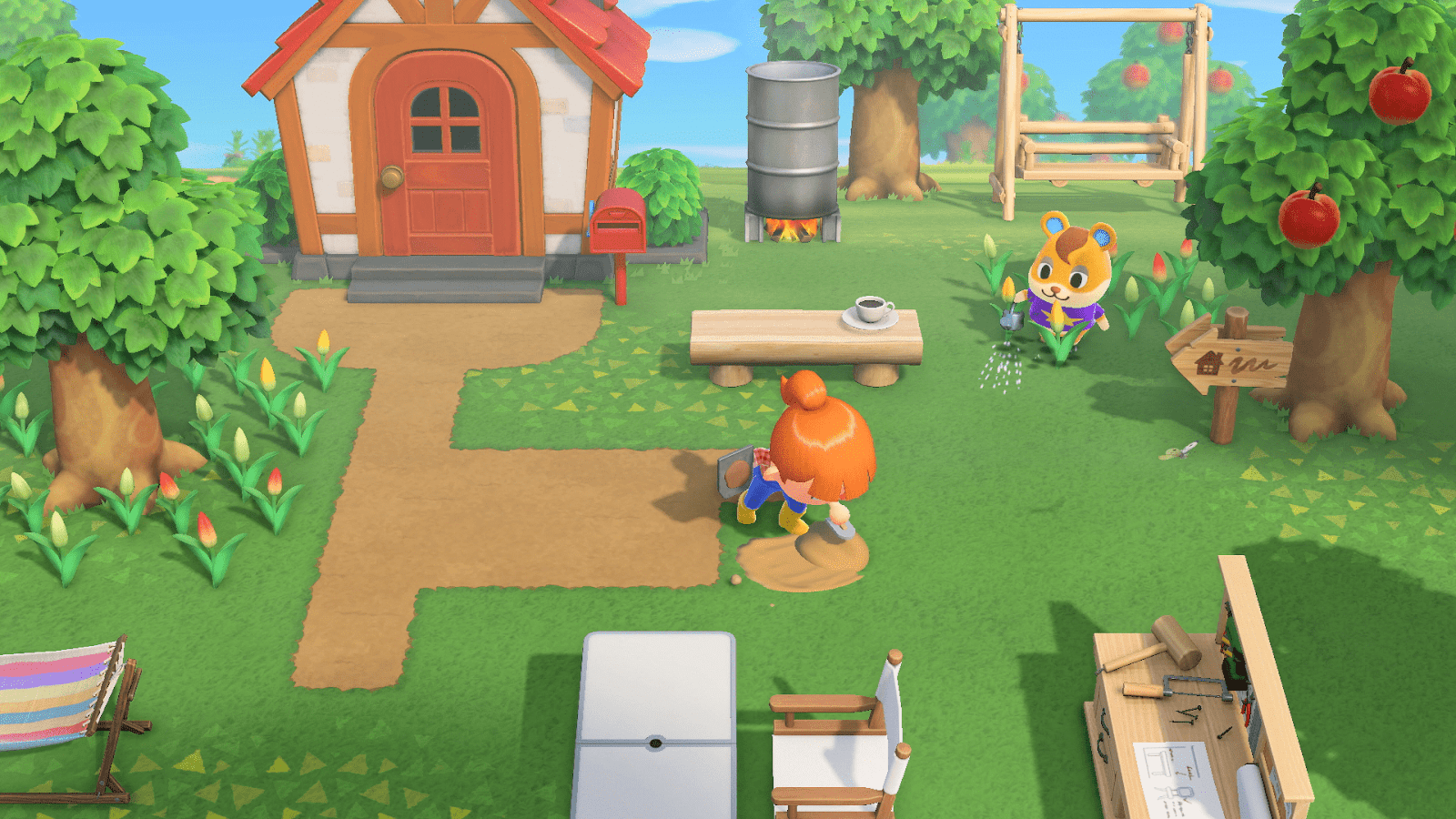Animal Crossing is a paradise for countless casual gamers. Unlike most video games that involve intense battles and strategic thinking, these cute titles let players live in a small town surrounded by colorful animals. Through bug catching, fishing, and many other activities, hundreds of novice gamers have found ways to make themselves comfortable in this animal-filled virtual living space. It truly is incredible to see how the series has grown over time, which is why many people might be interested in which Animal Crossing games are best based on how many copies they sold.
All information was taken from
All Animal Crossing Games Ranked by Copies Sold
8. Animal Forest
7. Animal Crossing: amiibo Festival
6. Animal Crossing
5. Animal Crossing: Happy Home Designer
4. Animal Crossing: City Folk
3. Animal Crossing: Wild World
2. Animal Crossing: New Leaf
- Animal Crossing: New Horizons
8. Animal Forest — ~210,000 Copies Sold
Animal Forest, also known as Dobutsu no Mori, is the very first game in this franchise to ever be produced. It was Nintendo’s first foray into the family-friendly world of animal neighbors and debt payments. While there’s a fair amount to say about this game, most of it also applies to its GameCube successor. The latter was designed as an expanded version of Animal Forest, including features such as use of an internal clock.
Animal Forest itself has some interesting qualities when compared to other games in the series. For one, it’s the only title to not be released outside of Japan. It was also one of the last games released for the Nintendo 64. In Japan, it was pretty much the final title directly developed and published by Nintendo for the system. Despite its lack of success, it’s no wonder the company decided to give Animal Forest another shot when considering the poor timing of its release.
7. Animal Crossing: amiibo Festival — ~490,000 Copies Sold
Animal Crossing: amiibo Festival came at a very poor time for both the franchise and the Wii U. Rather than a full-fledged home console game, Nintendo created a Mario Party-style spinoff with the characters and locations of Animal Crossing. It also happened to require the use of amiibo cards or figures to play the game, meaning the full game was basically locked behind multiple payment barriers. It doesn’t help that Animal Crossing: amiibo Festival was pretty much
Even in this day and age, there’s little reason to check out amiibo Festival. The board game sections are watered-down and lack minigames, and the few minigames that exist otherwise are relatively bland. Perhaps if this was an entirely new Animal Crossing game, both it and the Wii U would have received a lot more love. As it stands, though, amiibo Festival will likely only be remembered as a confusing, disappointing cash-grab. Still, it offers a much less competitive take on the board game genre for families that want an even calmer Mario Party experience.
6. Animal Crossing — 2.27 Million Copies Sold
The original Animal Crossing, being an expansion of the N64 release, had a lot to offer. From fun collectibles like playable NES games to self-aware easter eggs like Resetti, there were hundreds of little details and features packed into this title’s tiny GameCube disc. It’s among
5. Animal Crossing: Happy Home Designer — 3.51 Million Copies Sold
Though it was a spinoff in a similar vein to amiibo Festival, Happy Home Designer had a few more reasons for fans to check it out. It acted almost like a standalone expansion to New Leaf, letting players customize various homes based on the preferences of villagers. It also featured similar amiibo compatibility to the Wii U spinoff but on a much more interesting scale, letting players invite whichever villagers they liked. Once again, there isn’t much reason to play it today with the latest expansion for New Horizons still being available. But it’s still worth checking out if you have a couple of Animal Crossing amiibo cards lying around.
If you decide to get Happy Home Designer directly from Nintendo, just be sure to act fast. As of
Buy now on
4. Animal Crossing: City Folk — 4.32 Million Copies Sold
For over a decade, City Folk would be the last mainline Animal Crossing game released on a home console. It included a brand-new city for players to explore, allowing them to meet special characters whenever they’d like. It was even possible for players to transfer their data from the DS title Wild World, letting them keep some important data. Even if it falls short of the other games in the series, there’s no question as to how City Folk managed to be the best-selling non-portable Animal Crossing title.
3. Animal Crossing: Wild World — 11.75 Million Copies Sold
Wild World might’ve found some of its sales from fans of the older N64 and GameCube Animal Crossing releases. But it’s unlikely that many would argue about the true reason for its success: portability. Wild World was the first handheld game in the franchise, allowing players to say hello to their villagers and enjoy leisurely activities whenever they liked. It even included online connectivity, which — while defunct today — almost certainly drew attention from hundreds of interested gamers. If the GameCube title marked Animal Crossing as a worthwhile franchise in the eyes of Nintendo, Wild World cemented that idea, turning it from possibility into truth.
2. Animal Crossing: New Leaf — 13.01 Million Copies Sold
In a first for the series, New Leaf gave the players much greater control in how their towns are developed. They take on the role of mayor, allowing them to add new buildings and facilities around the island. There are plenty of other additions and changes, but a lot of New Leaf’s popularity likely just stems from being the second-most-recent mainline title. It provided more of the classic Animal Crossing experience with new content and even major updates years later. It’s quite possibly the best way to visit Animal Crossing for the first time if the changes of the new Switch game don’t appeal to you.
1. Animal Crossing: New Horizons — 40.17 Million Copies Sold
Yes, 40 million.
New Horizons is, surprisingly, very different from the rest of the series. Rather than moving to a village, players end up on a deserted island, making use of crafting and tools to literally build a more comfortable life for themselves. There’s a somewhat greater sense of progression as a result, though it comes at the cost of changes that some people aren’t too happy with. It’s hard to imagine anyone clamoring for the return of breakable tools in a future Animal Crossing title.
Despite these changes, New Horizons has been heavily supported and enjoyed by fans. This is partially thanks to its many, many content updates after its release. From a paid expansion for fans of Happy Home Designer’s decoration to the reintroduction of a familiar relaxing cafe, long-time players were given plenty to enjoy. New Horizons is definitely the Animal Crossing game with the most freedom, and as of its updates, it’s also one of the most robust entries in the entire franchise.
Buy now on
Final Thoughts
At its core, Animal Crossing will always be a casual game for casual gamers. The fact that it attracted the attention of so many casual gamers is truly astonishing, especially with the success of New Horizons. One can only wonder how Nintendo will continue to capture the attention of these fans, whether it be through future updates and expansions or entirely new games.

